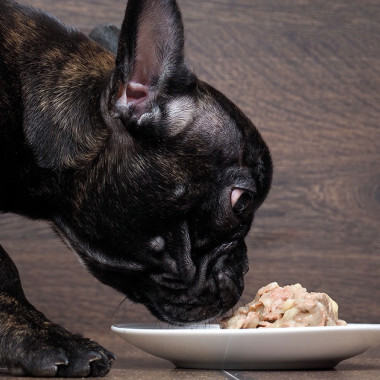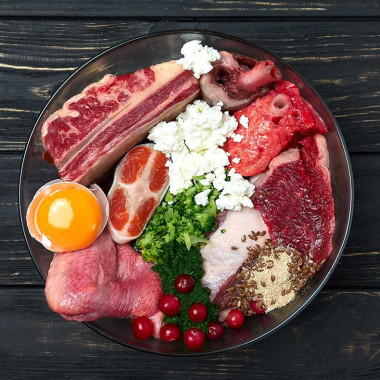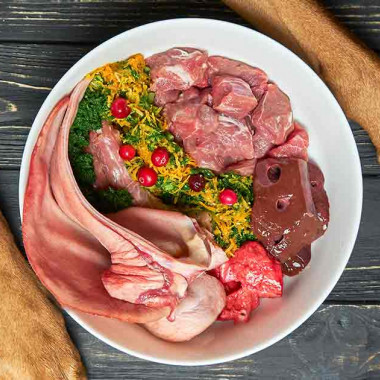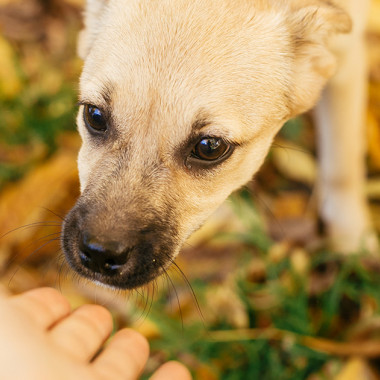If you have decided to breed your female dog or if she became pregnant unexpectedly and you want to ensure proper nutrition during pregnancy, this article will provide you with the necessary information.
A dog's pregnancy lasts around 58 to 63 days. During this time, a pregnant dog undergoes many changes. The body of a pregnant female dog (dam) is particularly stressed during the second half of pregnancy.
BARF and Pregnancy
In the first half of pregnancy, a pregnant dog does not require a special diet. The fetuses grow very slowly during this period. Therefore, it is better to feed the dog as you did before pregnancy. It is advisable to give her folic acid as a supplement. If you are planning to breed your dog, you should start giving folic acid 2-3 months before mating. Good sources of folic acid include spinach, lettuce, cabbage, yeast, kidneys, liver, beets, broccoli, eggs, and walnuts. Folic acid is quickly destroyed by heat, so you can provide it in supplement form at a dose of 0.5-1.5 mg per 10 kg of the dog's weight until the end of the 3rd or 4th week of pregnancy. Around the 3rd week, a pregnant dog may experience either a lack of appetite or excessive hunger. If the dog vomits, it's better to feed her chicken or turkey meat. You can lightly boil the meat.
Increasing the Food Portion
From Day 35 of Pregnancy
From the 35th day, increase the dog's food portion by 10% and feed her twice a day. At this point, you can start to notice the dog’s belly enlarging. The fetuses begin to grow rapidly, and the dog will be hungrier more often. However, it’s important that she doesn’t overeat or gain weight too quickly.
In the 7th Week of Pregnancy
During the 7th week (44th-49th day), the nutritional demands increase further. The food portion should be increased by an additional 10-20%. At this point, you can also start introducing fattier meats, such as beef or pork. Feed the dog three times a day.
2 Weeks Before Giving Birth
In the last two weeks of pregnancy (50th-63rd day), feed the dog 3-5 times a day and increase her food portion by up to 50% compared to her pre-pregnancy intake. The puppies now occupy a significant portion of the abdominal cavity, so it's better to feed smaller portions more frequently.
Special Supplements are Not Necessary
Throughout pregnancy, special supplements are generally not necessary, except for folic acid, pangamin (brewer’s yeast), oils, and herbs, which can be given year-round. Calcium should only be added after birth, as much of it will be excreted from the body through milk.
Shortly before giving birth, the dog may refuse food. She may become nervous and start searching for a place to give birth.
During the entire pregnancy, it's important to ensure that the diet is varied. Different types of meat, bones, and vegetables (especially those rich in folic acid) should be included. The pregnant dog should always have access to plenty of fresh water.
We hope this article helps you provide proper nutrition for your pregnant dog and that you have many beautiful and healthy puppies.
Source: Novosádová K. 2011. BARF Kŕmení psa přirozenou stravou. PLOT 2011. ISBN 978-80-7428-062-7










